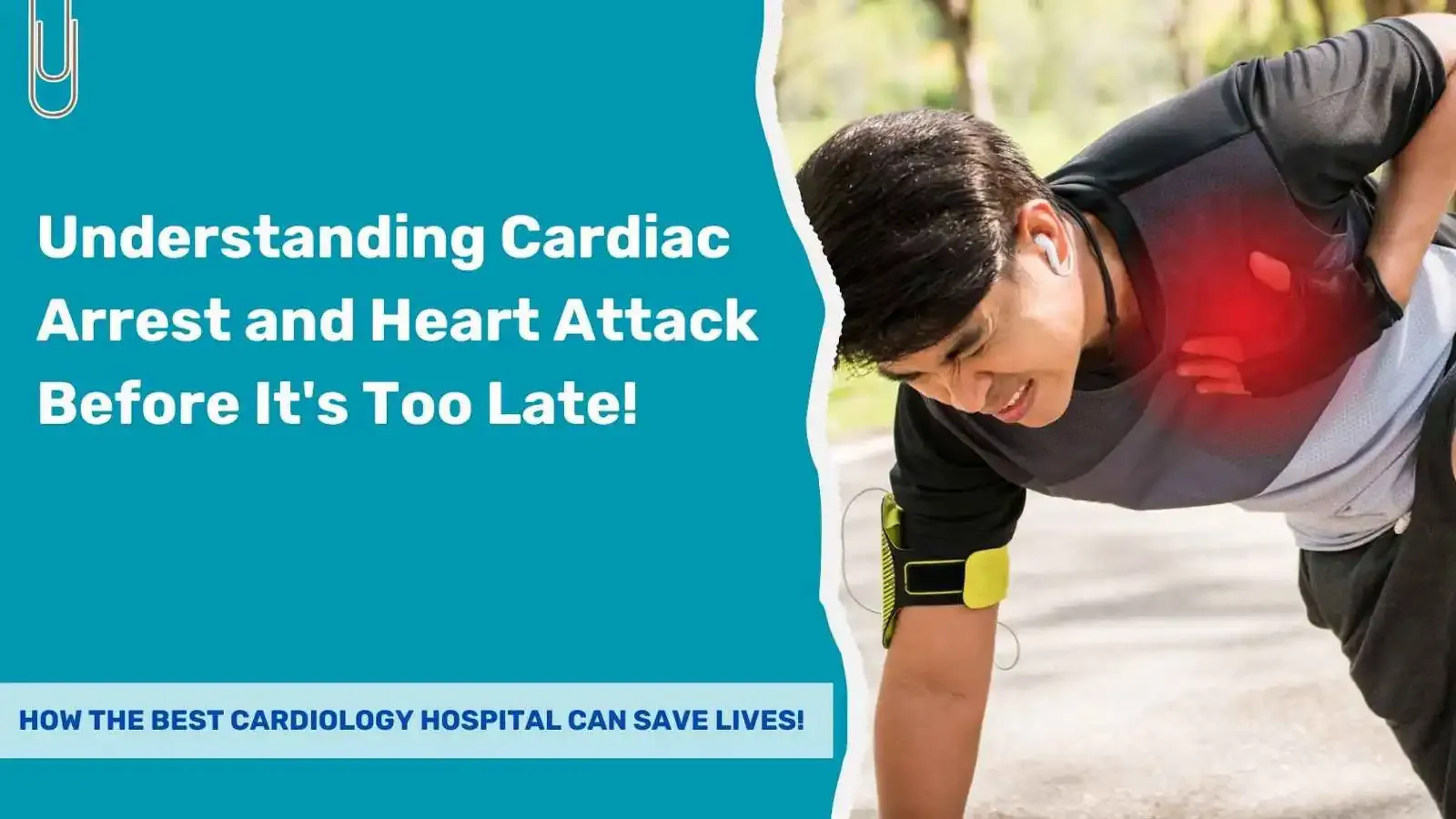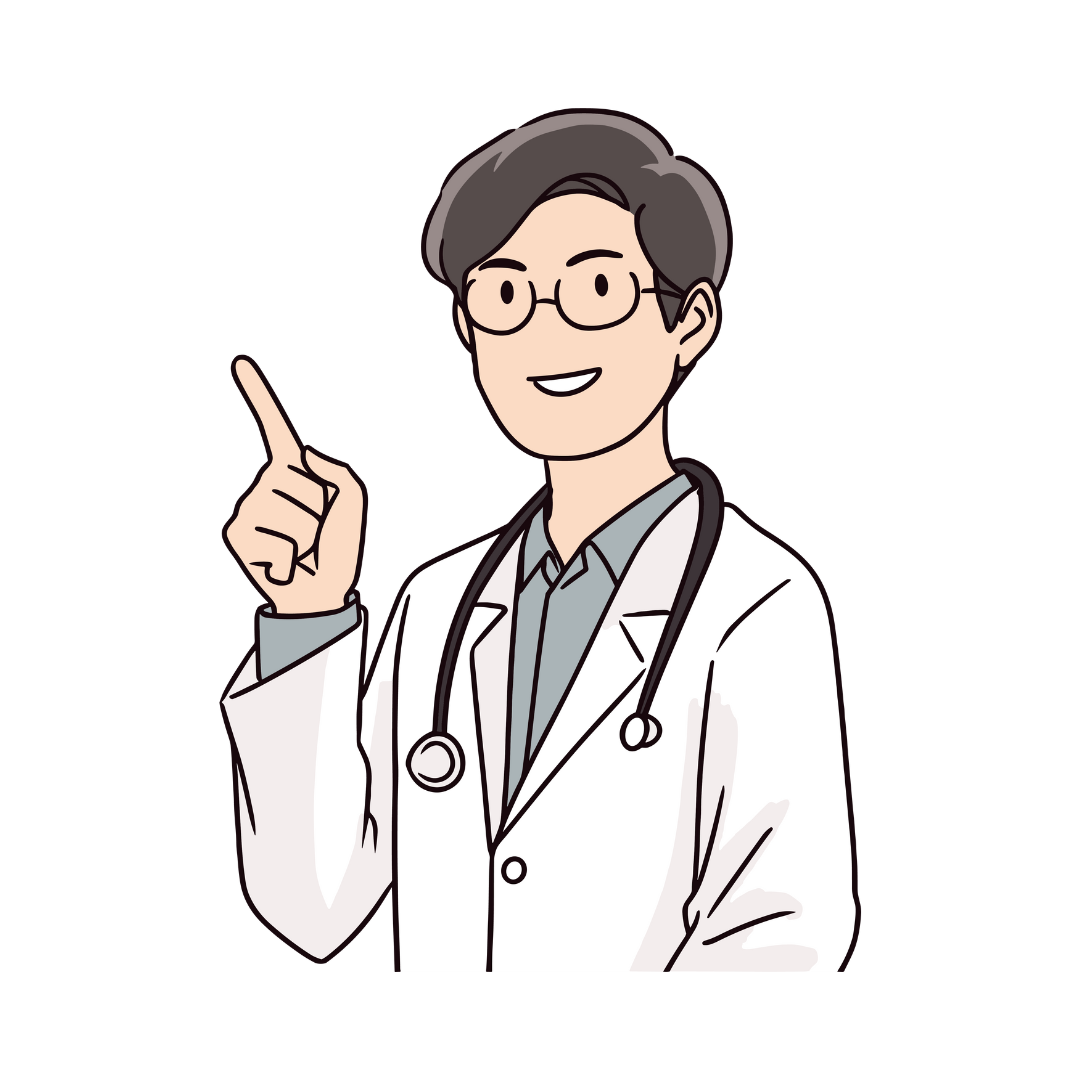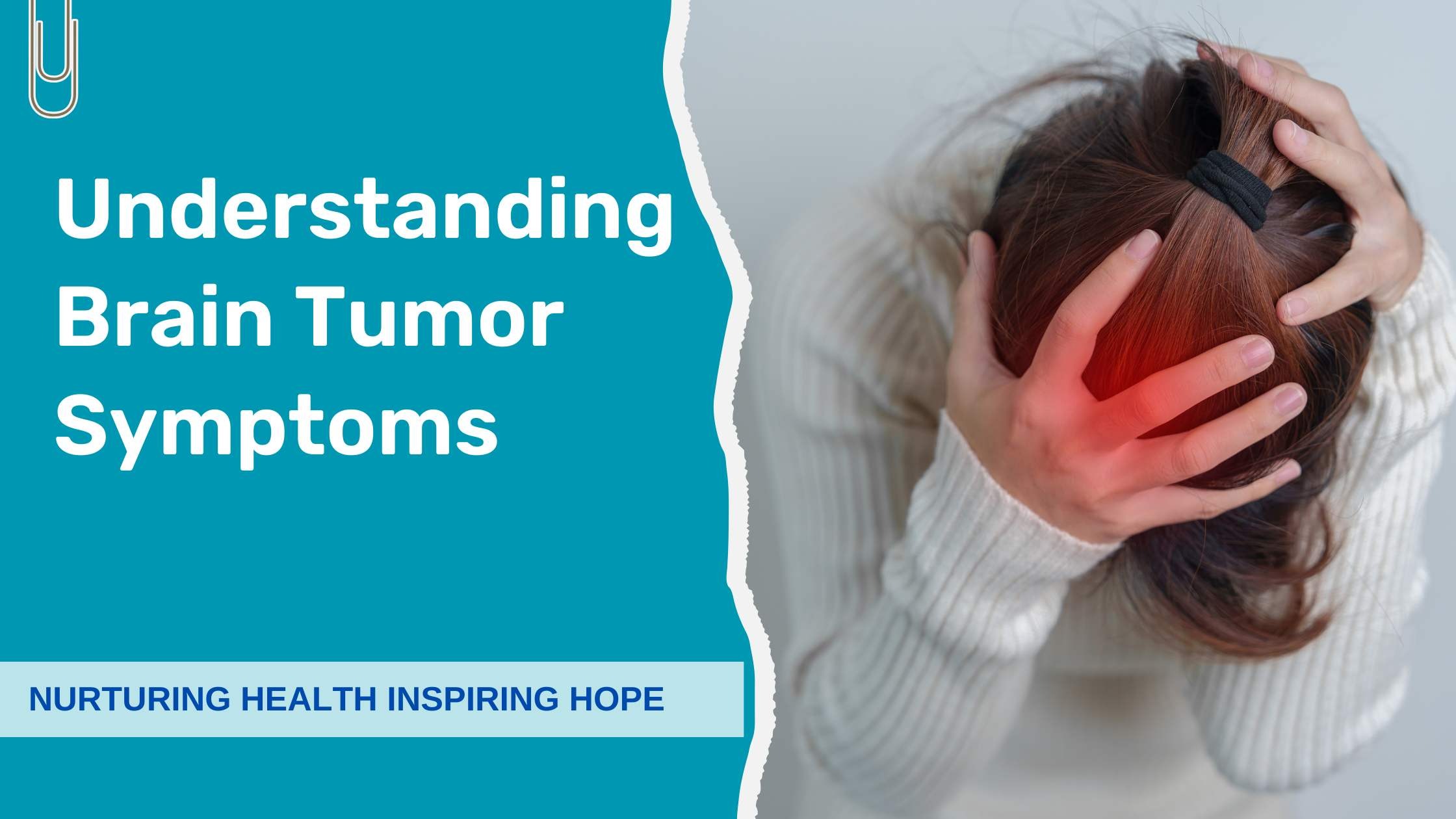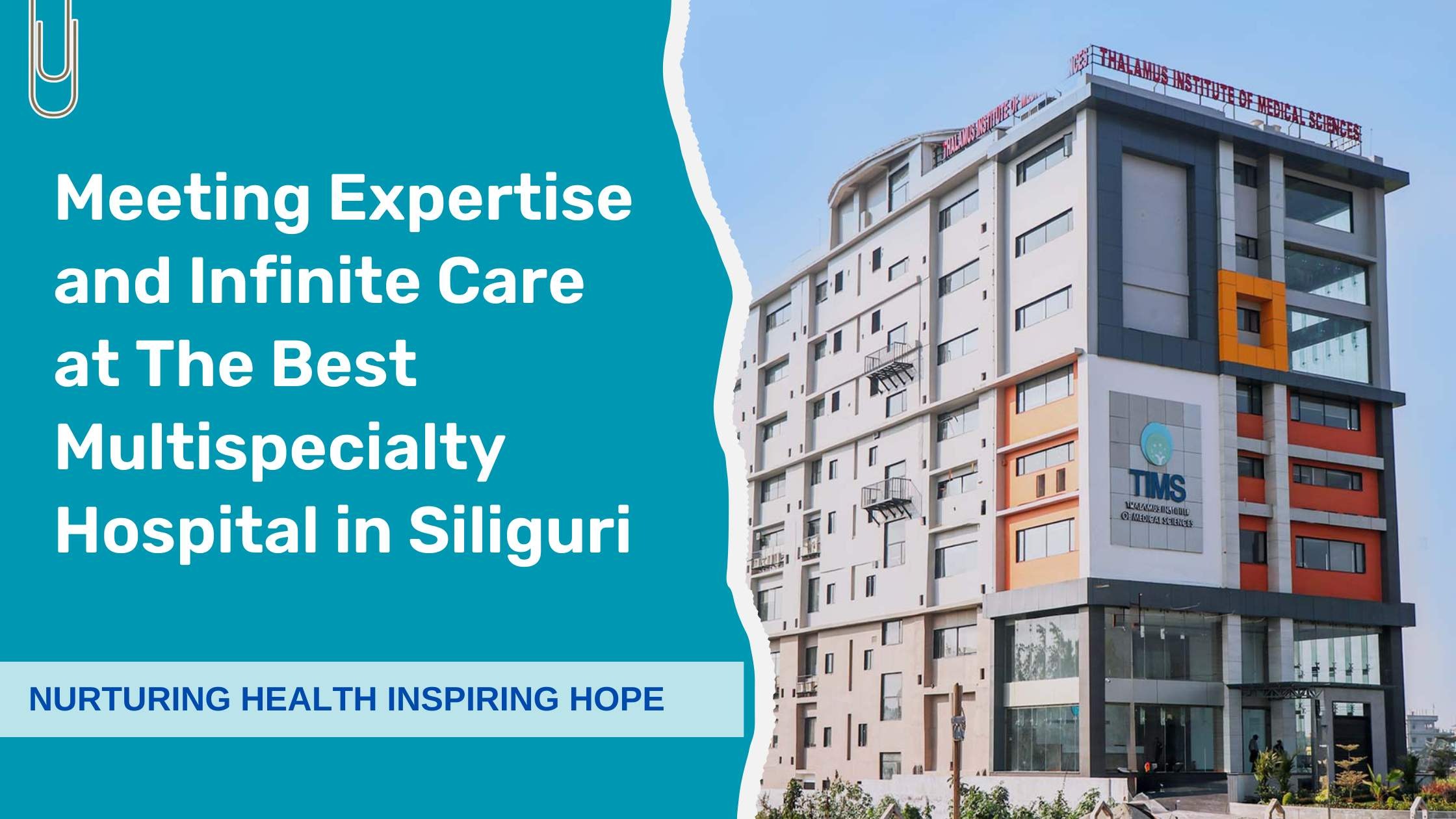-
Hospital Enquiry 03561-354100
-
Emergency 9046005723
-
Book appointment 90460-05614

Understanding Cardiac Arrest and Heart Attack Before It's Too Late: How the Best Cardiology Hospital Can Save Lives
Category: Blog | Published By: Thalamus Institute of Medical Sciences | Created: 1 week ago
With the hectic schedules in our lives, we are accustomed to unhealthy lifestyles such as eating spicy food, late-night work habits, minimal sleep, lack of physical exercises etc, and become prone to fall prey for cardiac arrest, commonly known as ‘heart attack’, though cardiac arrest is different from a heart attack, that causes unexpected natural death. So, it is indeed a crucial task to rush to the best cardiology hospitalwithin the golden hour of cardiac arrest to save the life of our loved ones.
Cardiac arrest is a sudden and life-threatening emergency that happens after the heart suddenly stops pumping blood effectively to the rest of the body. It is a very critical condition and a person’s life is at peril, and an unexpected death can be expected. Immediate medical treatment is required to save a life.
Most commonly, sudden cardiac death is known as a massive heart attack due to coronary artery disease. Many other causes such as cardiac arrhythmias, structural heart defects like hypertrophic cardiomyopathy, inflammation of heart, electrolyte abnormalities etc are responsible for cardiac arrest.
Most of the cases, patients cannot recognise any symptoms due to lack of proper knowledge or awareness. So, knowing some common symptoms such as dizziness, palpitations, excessive sweating, a feeling of sinking plays a pivotal role in saving one’s life from sudden cardiac arrest.
Cardiac Arrest Vs. Heart Attack:
Cardiac arrest is different from a heart attack. A heart attack occurs when blood flow to a part of the heart is blocked, and therefore, the heart muscle is damaged. On the other hand, cardiac arrest happens when the heart's electrical system malfunctions, and heartbeat becomes irregular heartbeat that disrupts the heart's pumping action. This leads to an abrupt loss of blood flow to vital organs, including the brain.
Cardiac arrest and heart attacks are serious medical emergencies that can happen for various reasons. So, if you know the causes of these severe conditions, you can recognize the risks and immediately visit the best cardiology hospital for proper care and treatment.
Some common causes of cardiac arrest are:
- Coronary Artery Disease (CAD): This is the most common reason for cardiac arrest. If fatty deposits build up in the arteries, our normal blood flow slackens and our heart does not receive enough blood. This causes risk of cardiac arrest.
- Heart Attack: When blood flow to a part of the heart is blocked, it fails to function properly and is called ‘heart attack’. This can damage the heart muscle and disrupt its electrical signals, leading to cardiac arrest.
- Abnormal Heart Rhythms (Arrhythmias): Irregular heartbeats, like ventricular fibrillation, commonly known as a rapid, chaotic heartbeat, can stop the heart from pumping blood effectively. This causes cardiac arrest.
- Electrolyte Imbalances: Low or high levels of potassium, magnesium, or calcium can affect the heart's electrical activity, leading to a cardiac arrest.
- Heart Valve Problems: Issues with the heart valves can interfere with normal blood flow and lead to complications. Thus, the risk of cardiac arrest is increased.
- Weak Heart Muscle (Cardiomyopathy): If your heart muscles are weak due to heart failure, there is a high chance of cardiac arrest.
- Drug Use: Using various medications and recreational drugs, or excessive alcohol can trigger life-threatening arrhythmias or irregular heartbeats that can lead to cardiac arrest.
- Electrical Shock: Severe electrical shocks can disrupt the heart’s rhythm, and are responsible for sudden cardiac death.
- Inherited Conditions: Electrical abnormalities like long QT syndrome or Wolff-Parkinson-White syndrome can lead to cardiac arrest, especially in younger people.
- Physical Trauma: A direct blow to the chest can stop the heart if it happens at a critical moment in the heart’s rhythm.
Some common causes of heart attack are:
- Blocked Arteries: The buildup of fatty plaques in the coronary arteries (atherosclerosis) is the main cause of heart attacks.
- Blood Clots: A clot can form in the arteries and completely block blood flow, leading to a heart attack.
- Spasms in Coronary Arteries: Sudden narrowing or spasms in the arteries can also cut off blood flow.
- Scarring from Previous Heart Issues: Damage from earlier heart attacks or enlarged heart tissue increases the risk of future attacks.
Other Risk Factors for sudden cardiac arrest include:
- Smoking
- High blood pressure
- Diabetes
- High cholesterol level
- Family history of heart diseases
- Drug abuse
- Certain medicines
- A sedentary lifestyle
- Heart attacks
- Respiratory conditions
The above mentioned causes of cardiac arrest or heart attack highlights the importance of regular health check-ups, especially for those with a family history of heart disease. Therefore, visiting the best cardiology hospital will help you receive expert diagnosis and treatment for any heart-related concerns.
Warning Signs of Cardiac Arrest and Heart Attack:
Most of the time, due to lack of knowledge and awareness, people cannot recognise or ignore or misunderstand the most important signs the body sends before a cardiac arrest. So, it is very crucial to know those warning signs at an early stage so that you can prevent immediate risk of cardiac arrest.
Cardiac arrest often strikes suddenly and without warning. However, some symptoms may appear just before it happens:
- Sudden Collapse: The person may fall unconscious abruptly.
- No Pulse: The heart stops pumping blood. So, it is hard to detect a pulse.
- No Breathing: Breathing stops or becomes very faint.
- Chest Pain or Discomfort: This can occur shortly before cardiac arrest.
- Dizziness: Feeling dizzy may indicate trouble. Though all dizziness is not the cause of cardiac arrest.
- Extreme Fatigue: A sense of severe tiredness or weakness.
- Palpitations: A racing or irregular heartbeat may precede cardiac arrest.
- Shortness of Breath: Difficulty breathing, even when resting is an alarming sign of cardiac arrest.
- Nausea or Vomiting: Some people experience stomach discomfort or queasiness.
- Cold Sweats: Sudden sweating without a clear reason is a serious problem. You should be cautious and consult your doctor.
Warning Signs of a Heart Attack:
A heart attack often provides more noticeable signs over minutes or hours:
- Chest Pain or Pressure: A squeezing or heavy sensation in the center of the chest that lasts more than a few minutes.
- Pain Radiating to Other Areas: Discomfort may spread to the arms, back, neck, jaw, or stomach.
- Shortness of Breath: Difficulty breathing, often accompanied by chest discomfort.
- Nausea or Vomiting: Feeling sick to the stomach or vomiting unexpectedly.
- Cold Sweats: Breaking out in a sweat without physical activity.
- Indigestion or Heartburn: Some people mistake heart attack symptoms for digestive problems.
- Rapid or Irregular Heartbeat: A racing or skipping heartbeat is an alarming sign.
- Anxiety: Many patients report feeling an unexplained sense of dread or fear.
Prevention of Cardiac Arrest:
There’s a saying ‘prevention is better than cure’, and once you know the symptoms of cardiac arrest, you should check out if your body sends any such signals. Besies, you should focus on some important measures to prevent the risk of cardiac arrest.
- Healthy Diet And Nutrition: A healthy diet plays a pivotal role in preventing cardiac arrest. A Cardiology specialist in Siliguri advises consuming a balanced diet rich in fruits, vegetables, and whole grains to reduce cholesterol levels, and maintain a healthy weight.
- Regular Physical Activity: Exercise is one of the most effective ways to prevent cardiac arrest. Engaging in regular physical activity strengthens the heart, improves circulation, and helps maintain a healthy weight. Therefore, experts at the best cardiology hospital recommend regular physical activities such as walking, cycling, swimming, or jogging that can help enhance heart function and reduce the risk of heart disease.
- Managing Chronic Conditions: Chronic conditions such as hypertension, diabetes, and high cholesterol are major risk factors for cardiac arrest. Managing these conditions at the best cardiology hospital in Siliguri can significantly reduce the likelihood of a cardiac event. You should keep your blood pressure within a healthy range and you must change your lifestyle.
- Avoiding Harmful Habits: Certain lifestyle habits such as smoking, consuming alcohol significantly increase the risk of cardiac arrest.Quitting smoking is one of the most effective ways to reduce the risk of cardiac arrest and improve overall heart health. Additionally, managing stress and maintaining a healthy weight are essential components of heart health.
Final Thought:
To minimize the risk of death from sudden cardiac death, early identification, timely diagnosis, training of every person with CPR and life-support, and definitive treatment of the heart disease at the best cardiology hospital in Siliguri is important.




